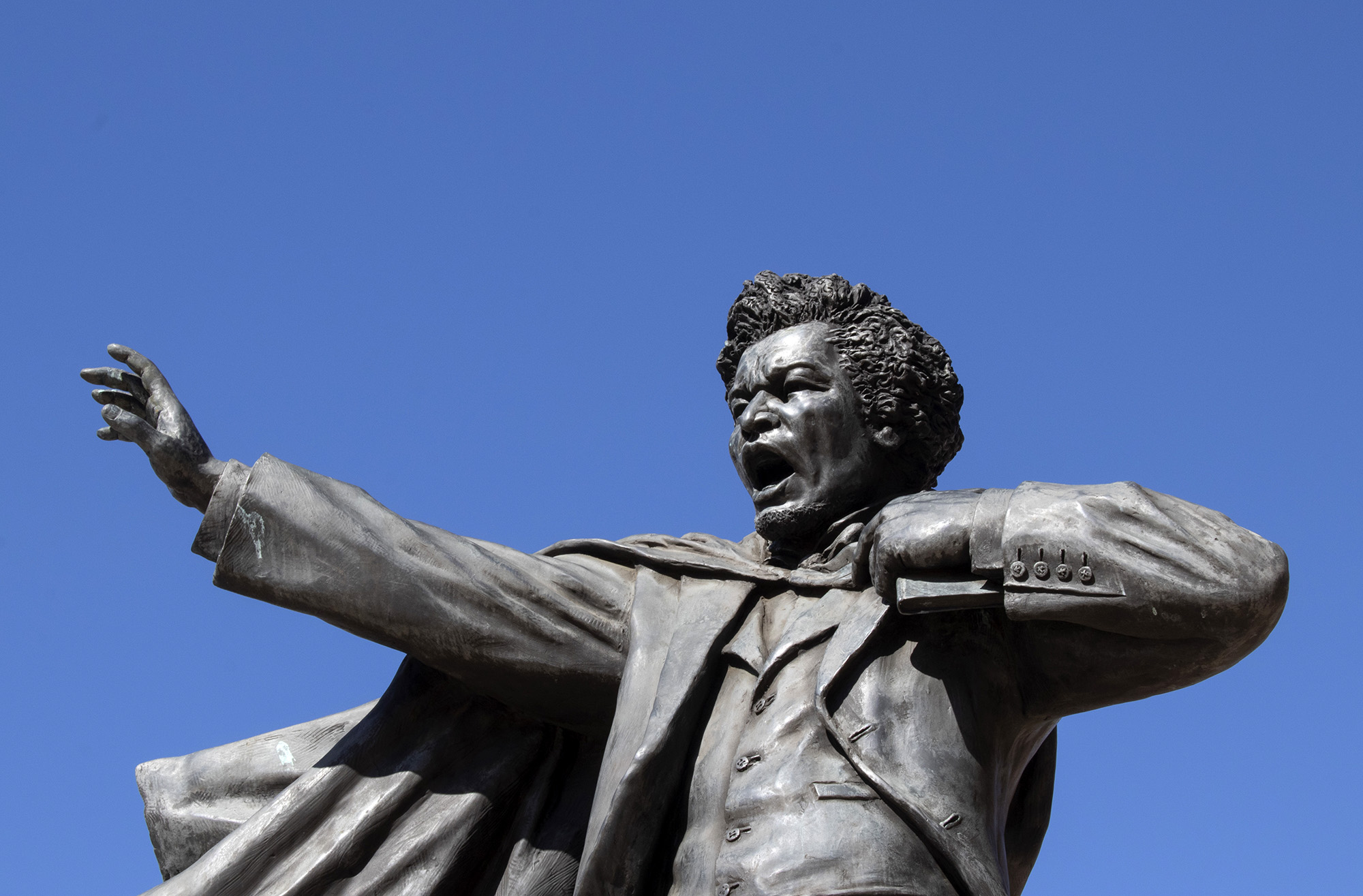Members of the University of Maryland community got a first glimpse Monday into the work of this university’s 1856 Project — an initiative that looks to investigate the Black experience at this university and analyze institutional ties to slavery.
About 60 university students, faculty and staff joined project coordinators via Zoom for the first of the project’s two campus community listening sessions. University community members had the chance to provide feedback on initiatives that project coordinators should prioritize moving forward.
In a survey during the event, community members expressed that receiving a regular online report of the project’s findings and conducting a speaker series with voices from this university’s campus and beyond were top priorities moving forward.
The project will receive $900,000 in funding from the Office of the President over the next three years to support some of these initial priorities, said Jacob Hopkins, a graduate assistant within the University Libraries system and member of the 1856 Project outreach and engagement committee, who helped lead the listening session.
University President Darryll Pines announced the project in September 2020, after that previous summer of protests sparked a nationwide conversation about systemic racism. Over the past year, the project’s leaders have formulated goals for archival research, curriculum development and an inaugural launch event for the project in November 2022, Hopkins said.
Moving forward, Hopkins said the project’s outreach and engagement committee will work to implement focus groups, create archival research on the Black experience at this university, host guest speakers and conduct joint research with community partners.
[Immigrants risk being deported when pleading guilty. But state law may soon change.]
The project will also work to build a digital space where findings can be displayed and expand resources available in digital collections and online exhibits.
The project is also working to memorialize the experiences of enslaved and Black people at this university. Coordinators plan to pursue a memorial as a permanent space for physical exhibitions and programming related to Black life and history. They also plan to add physical exhibitions to other campus buildings.
“Our goal is to acknowledge the sacrifices and to make visible the contributions of Black people across our campus and across our community,” Hopkins said.
This university’s anthropology department will also help conduct an archeological survey of campus and gather county, state and federal information about enslaved and free communities around Prince George’s County that has been connected to this university, according to Stefan Woehlke, a lecturer in the anthropology department who attended the listening session.
An advisory board with representatives from campus and community organizations will also assist with the project, including the African American studies department, Honors College and the Lakeland Community Heritage Project, Hopkins said.
[UMD students, faculty react to Supreme Court affirmative action cases]
The project will also build off of existing study at this university. In the past, there have been undergraduate history courses that focus on this university’s connections to slavery by placing it in a larger framework of Atlantic history. The original course on this topic, spearheaded by late professor Ira Berlin, led to the publication of archival research from students and faculty on the topic.
“We align ourselves with the Terrapin Strong Initiative, and we are doing work that was started by a distinguished professor,” said project co-chair and University Libraries’ curator for Maryland and Historical Collections Joni Floyd. “I think we have very solid grounds upon which to grow.”
The start of the project marked this university’s introduction to Universities Studying Slavery, an international consortium of more than 80 colleges and universities addressing historical issues of slavery and racism in higher education. The consortium also looks to address contemporary issues surrounding racism and inequality in higher education.
The project coordinators will hold another, listening session on the project in the same format this Friday. Project coordinators plan to expand listening sessions to groups outside of the campus community in the future, Floyd said.
“Our infrastructure is based in College Park. That was deliberate because we need to uncover this history and sort of grow from there, and then we can invite partners,” Floyd said.



